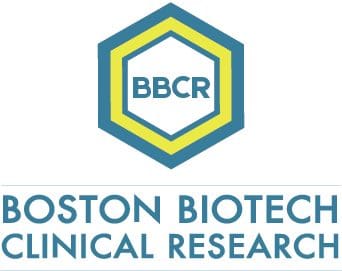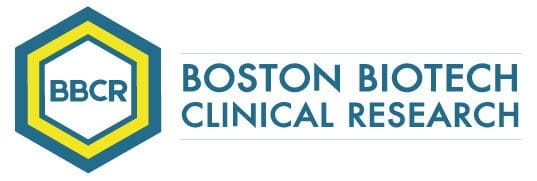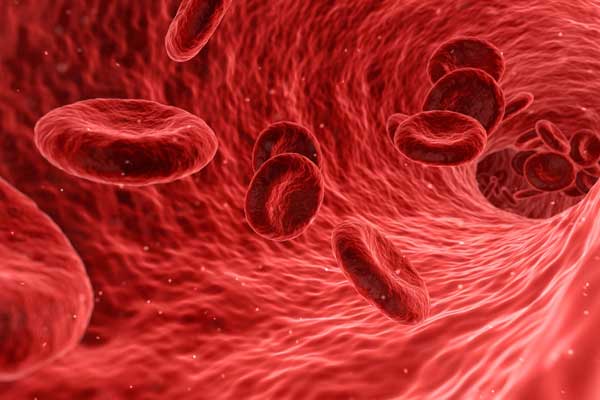Diabetes mellitus affects millions of people in the United States and worldwide. It has become clear over the past decade that the chronic complications of diabetes result from lack of proper blood glucose concentration regulation, and particularly the toxic effects of chronic hyperglycemia on organs and tissues.
Causes and Defects
Type I diabetes mellitus (T1DM) results from T cell–mediated autoimmune destruction of pancreatic insulin-producing β cells. In the non-obese diabetic (NOD) mouse model of T1DM, multiple defects have been reported. The most striking of these defects is a polymorphism in the β chain of the MHC class II complex. Indeed, β chains from “at-risk” alleles have at least one amino acid substitution, which leads to improper interactions with the α chain and aberrant peptide presentation. Such conformational changes in the MHC/peptide complex may result in altered thymic selection. Another defect in the NOD thymus affecting T-cell is apoptosis. The autoreactive T-cells that escape the checkpoint of central tolerance need to be controlled in the periphery, which may contribute to the autoimmune phenomenon. In human patients, several similar defects have also been reported. Human T1DM is also associated with the maintenance of tolerance is affected at both the central and the peripheral levels.
Treatment and Research
For more than eighty years, insulin injection has been the only treatment option for all type I and many type II diabetic individuals. Whole pancreas transplantation has been a successful approach for some patients, but is a difficult and complex operation. Recently, it has been demonstrated that a glucocorticoid-free immunosuppressive regimen led to remarkably successful islet transplantation. However, both pancreas and islet cell transplantation are limited by the tremendous shortage of cadaveric pancreases that are available for transplantation. Therefore, a major goal of diabetes research is to generate an unlimited source of cells exhibiting glucose-responsive insulin secretion that can be used for transplantation, ideally without the need for systemic immunosuppression.
Transgenic non-obese diabetic mice were created in which insulin expression was targeted to proopiomelanocortin-expressing pituitary cells. Proopiomelanocortin-expressing intermediate lobe pituitary cells efficiently secrete fully processed, mature insulin via a regulated secretory pathway, similar to islet beta cells. However, in contrast to the insulin-producing islet beta cells, the insulin-producing intermediate lobe pituitaries are not targeted or destroyed by cells of the immune system. Transplantation of the transgenic intermediate lobe tissues into diabetic nonobese diabetic mice resulted in the restoration of near-normoglycemia and the reversal of diabetic symptoms. The absence of autoimmunity in intermediate lobe pituitary cells engineered to secrete bona fide insulin raises the potential of these cell types for beta-cell replacement therapy for the treatment of insulin-dependent diabetes mellitus.
Drs. Creusot and Fathman in J Clin Invest. 2004; 114(7) discussed the opportunity of inflammation-targeted therapies.
“Many products have shown some efficacy in blocking the function of pathogenic T cells in autoimmune diseases. To avoid affecting the whole immune system, it is important to confine the activity of cell-specific therapy to the inflamed lesions. Adoptive cellular gene therapy uses different cell types with specific migratory capabilities (that have also been expanded and transduced ex vivo) as vehicles to express immune-regulatory products locally, at sites of inflammation. On the one hand, antigen-specific T cells have proven useful vehicles in the mouse model of rheumatoid arthritis but their isolation from human patients is limiting. On the other hand, DCs are easier to isolate from the blood as precursors, and they can then be differentiated and transduced ex vivo. In the immature stage, they can migrate to sites of inflammation, and this migration pattern may be enhanced or prolonged by transgenic expression of specific chemokine receptors. If suitably conditioned ex vivo, they may even retain their immature phenotype and be tolerogenic… In conclusion, emerging approaches are proving that it may be possible one day to block an undesirable immune response in an antigen-specific or a site-specific manner.”

Specializing in rare disease, Boston Biotech Clinical Research works with biotech, pharmaceutical, device companies and investors to streamline the clinical trial process. Our experienced team helps each client reach their specific goals by customizing a clinical and regulatory road map of simplified programs and streamlined protocols to meet our clients’ requirements.

